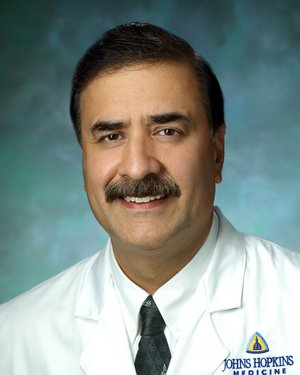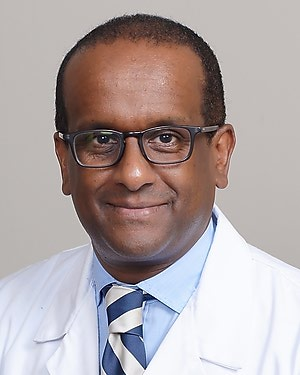Our team of neuroradiology experts strive to provide the finest in current and future patient care through the compassionate application of cutting-edge techniques in diagnostic, functional and anatomic imaging, as well as therapeutic interventions in the fields of neuroscience and otorhinolaryngology.
About Us
Mission
To teach, develop and provide the most accurate diagnostic tests and treatments in neuroradiology.
Vision
To be a world leader in the patient-oriented practice and technological advancement of neuroradiology, image-based neuroscience and image-guided, minimally invasive therapeutics, training the leaders of the next generation.
Our Experts Interpret:
- MRI of the brain, spine, neck, face, temporomandibular joints (TMJ), orbits, head and temporal bones.
- CT scans of the brain, spine, neck, face, sinuses, temporal bones and head.
- Myelograms of the cervical spine, thoracic spine and lumbar spine.
- Arteriograms (angiograms) of the brain, head, spine, neck, carotid vasculature, vertebral vasculature and face.
- PET scans of the brain, neck, face and head.
- Nuclear medicine studies of the brain, spine, neck, face, TMJ, orbits, head and temporal bones.
Our Clinical and Research Experts
-
Francis Deng, MD

- Co-Director of Medical Student Diagnostic Radiology Electives
- Assistant Professor of Radiology and Radiological Science
-
Sachin K. Gujar, MBBS

- Section Chief of Magnetic Resonance
- Assistant Professor of Radiology and Radiological Science
-
Jenny Hoang, MBBS MHS MBA

- Chair of Bayview Radiology
- Professor of Radiology and Radiological Science
-
Majid Aziz Khan, MBBS

- Director, Non Vascular Spine Intervention
- Associate Professor of Radiology and Radiological Science
-
Vivek Yedavalli, MD MS

- Chief of Neuroradiology at Johns Hopkins Bayview Medical Center
- Associate Professor of Radiology and Radiological Science
-
Dave Mark Yousem, MD MBA

- Associate Dean for Professional Development
- Professor of Radiology and Radiological Science

















